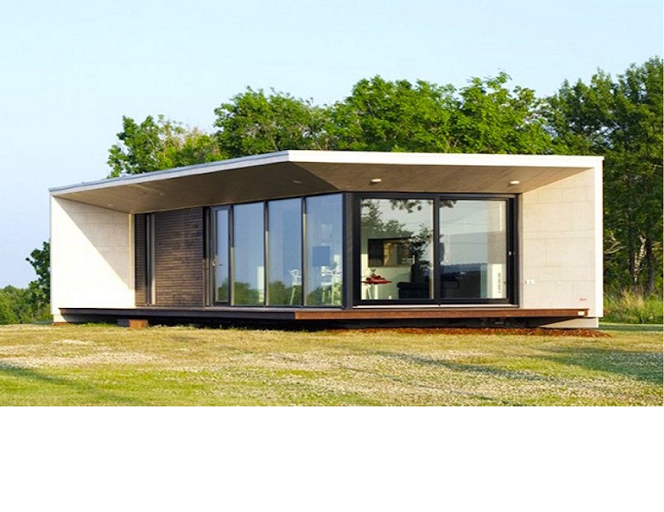The modern concepts of ready-to-assemble homes
Owning a home is one of a kind feeling for many people. For many people, it is one of the most exceptional achievements in their life. But in the past few decades, the concept of home design has changed a lot. Especially in Australia, people are not interested in living in concrete towers. The most common alternative idea everyone takes is modular homes. There are several advantages for this type of home over the conventional home ideas. As more and more people choose to live in such houses, the designs and concepts further increase in this field.
What are they?
A modular home is a usual house in simple terms. But the difference between a modular home and a conventional home lies in the way of building it. Unlike traditional homes, these houses are just assembled on the site. All the blocks needed are manufactured in factories and transported to the site. This method is proven to be more efficient and more manageable than conventional house construction. Such houses will have the same strength and characteristics as traditional homes.
Some of the noticeable advantages are,
- Eco-friendly: The construction of a conventional house causes a lot of damages to nature. The plot needs to be modified to build strong foundations, and the worksite will transform a lot within the course of building the house. Also, many building materials are not correctly disposed of and become wasted throughout the construction. In the case of modular homes, there are only a few construction procedures required on site. Also, the site does not need to be extensively modified to support the home. These houses use very efficient support structures, which only use lower space than the traditional foundation. This feature results in lower earth transformation and lower damage to the natural vegetation.
- Efficiency: Transporting every raw material to the site and the building items are not an effective way of construction for the future. The chance of raw material wastage is higher in such cases. Also, skilled labourers need to be transported from site to site. The equipment necessary is also required to transport, and the chance of damaging them in the process is high. But in the case of modular houses, all the manufacturing parts of the blocks are carried out in the factory atmosphere with specialised equipment. It allows the manufacturing to be more efficient, and the wastage of resources is low. The skilled labourers are available at the factory, and the working environment will be safer.
- Lower time: Traditional house construction takes a lot of time from the planning to the completion. The most time taking process during this is the building of the structure of the house. The traditional methods of wall construction require a lot of labour, resources and time. On the other hand, the modular blocks are built in a factory with the help of advanced machinery. It only requires limited skilled labour, and the resource is utilised after proper planning. This planning avoids the scope for the wastage of materials. In traditional construction, after the construction of some parts, the works are stopped to get the area set and secure before further construction. Due to the part-by-part construction method used in modular building, this time is not necessary.
- Reduced cost: The advantages of manufacturing blocks in the factory and lower earth alteration leaves the person with a reduced cost. Also, the energy-efficient designs of these houses reduce the cost of air conditioning. Much other additional expenditure for construction in the case of traditional production was avoided. In modular construction, the space allocation for plumbing and wiring can be allocated at the manufacturing phase. This feature makes such processes easy and thus reduces the labour cost.
Author Bio: Alison Lurie is a farmer of words in the field of creativity. She is an experienced independent content writer with a demonstrated history of working in the writing and editing industry. She is a multi-niche content chef who loves cooking new things.
























